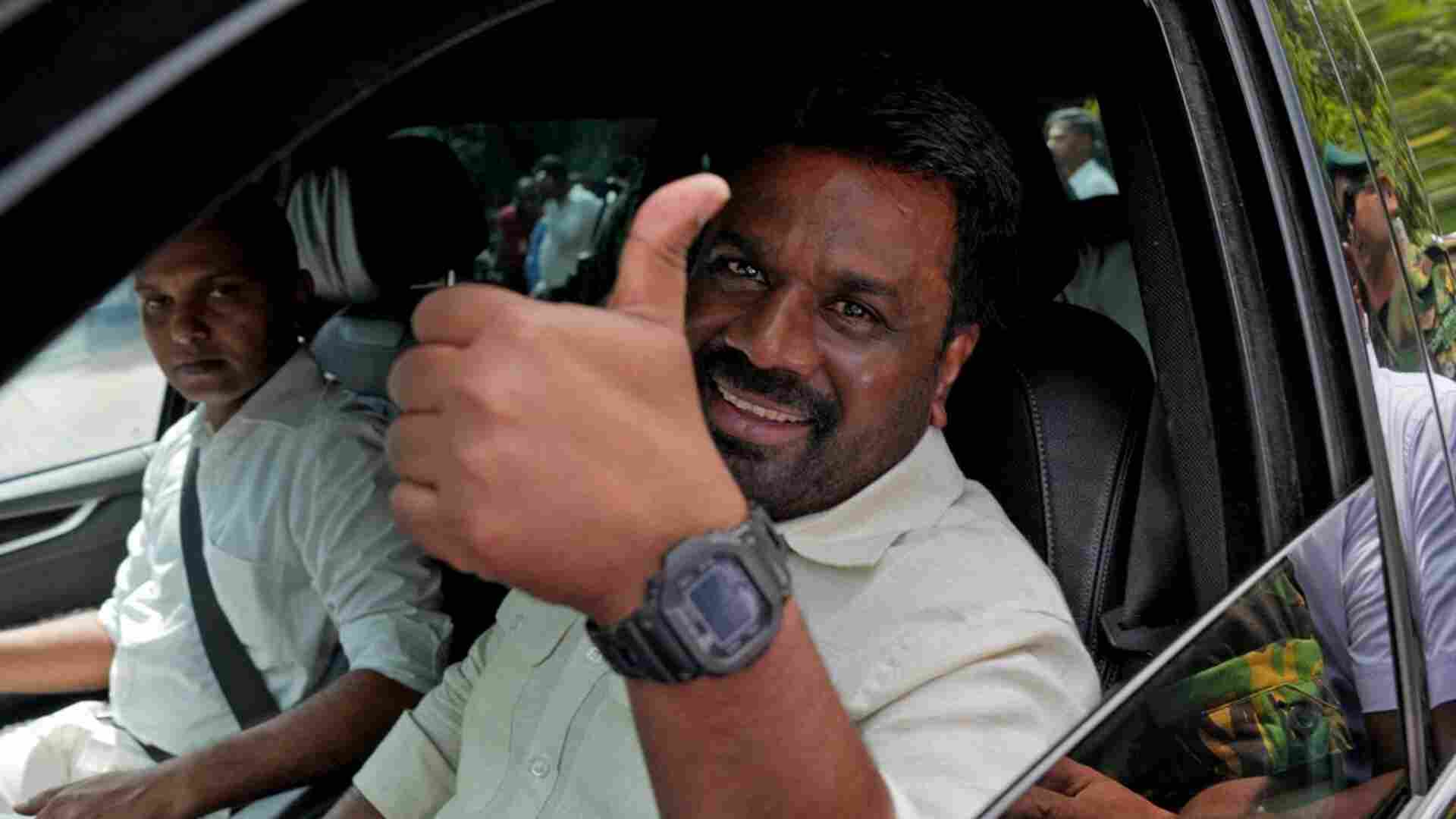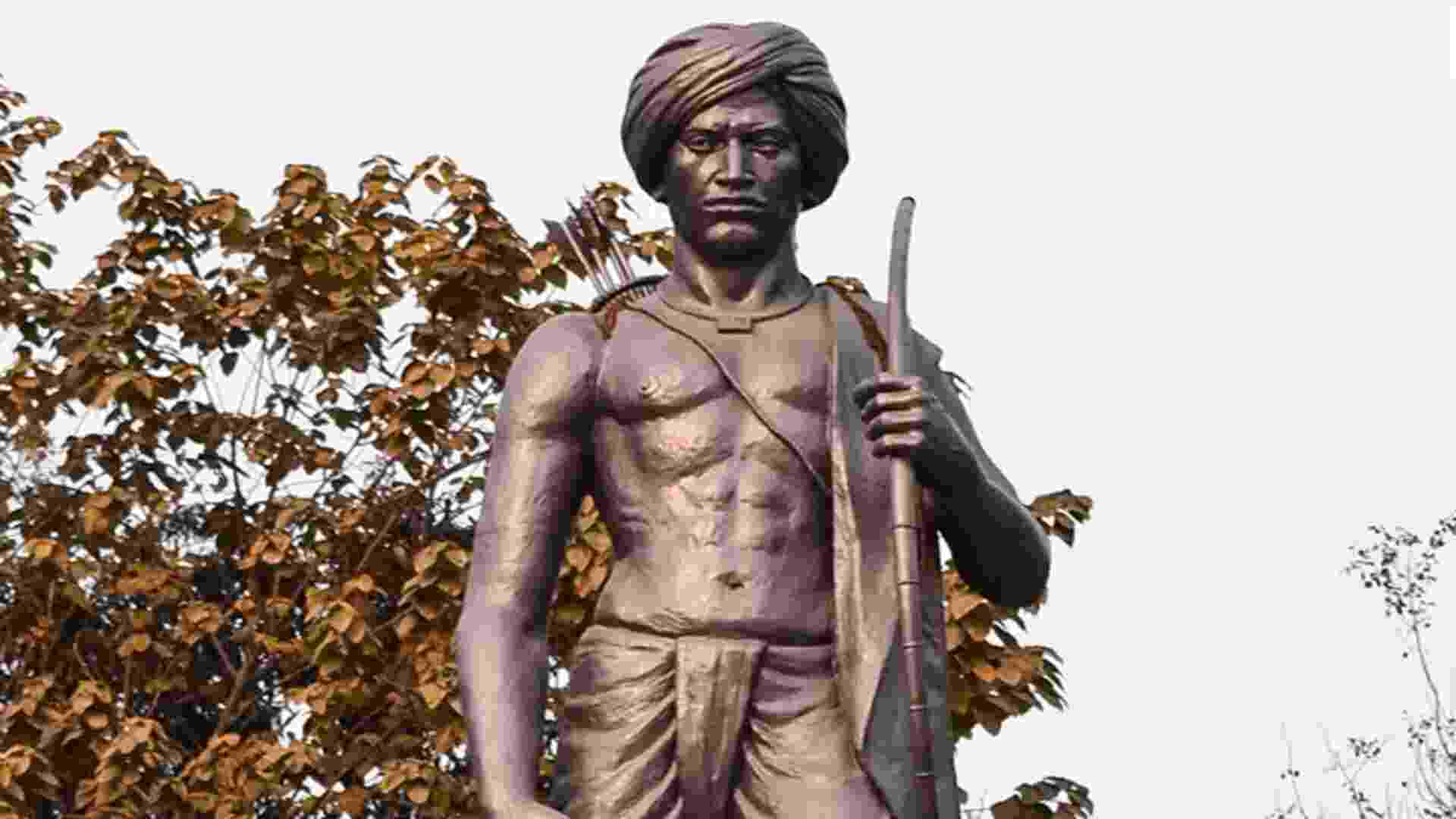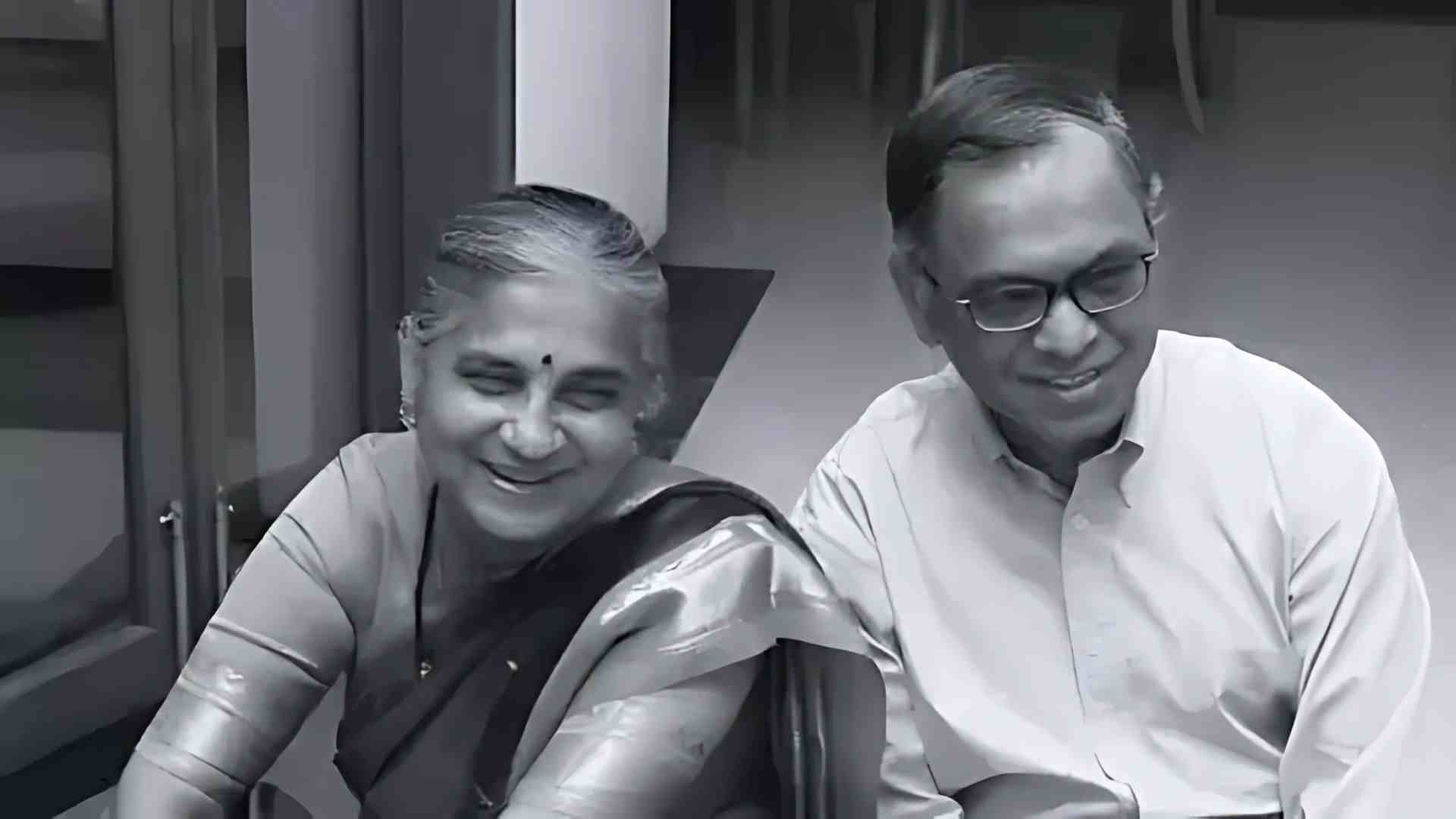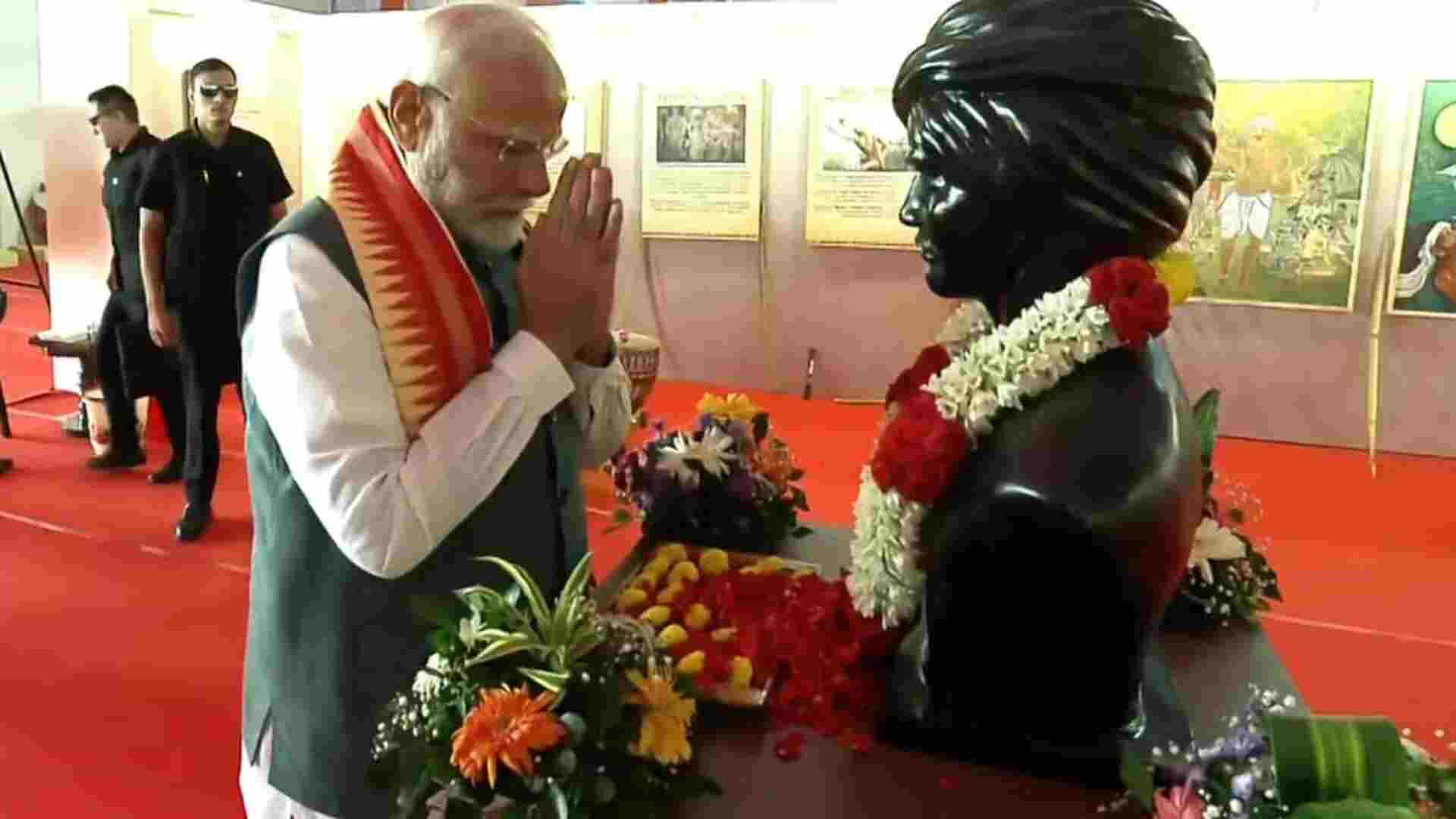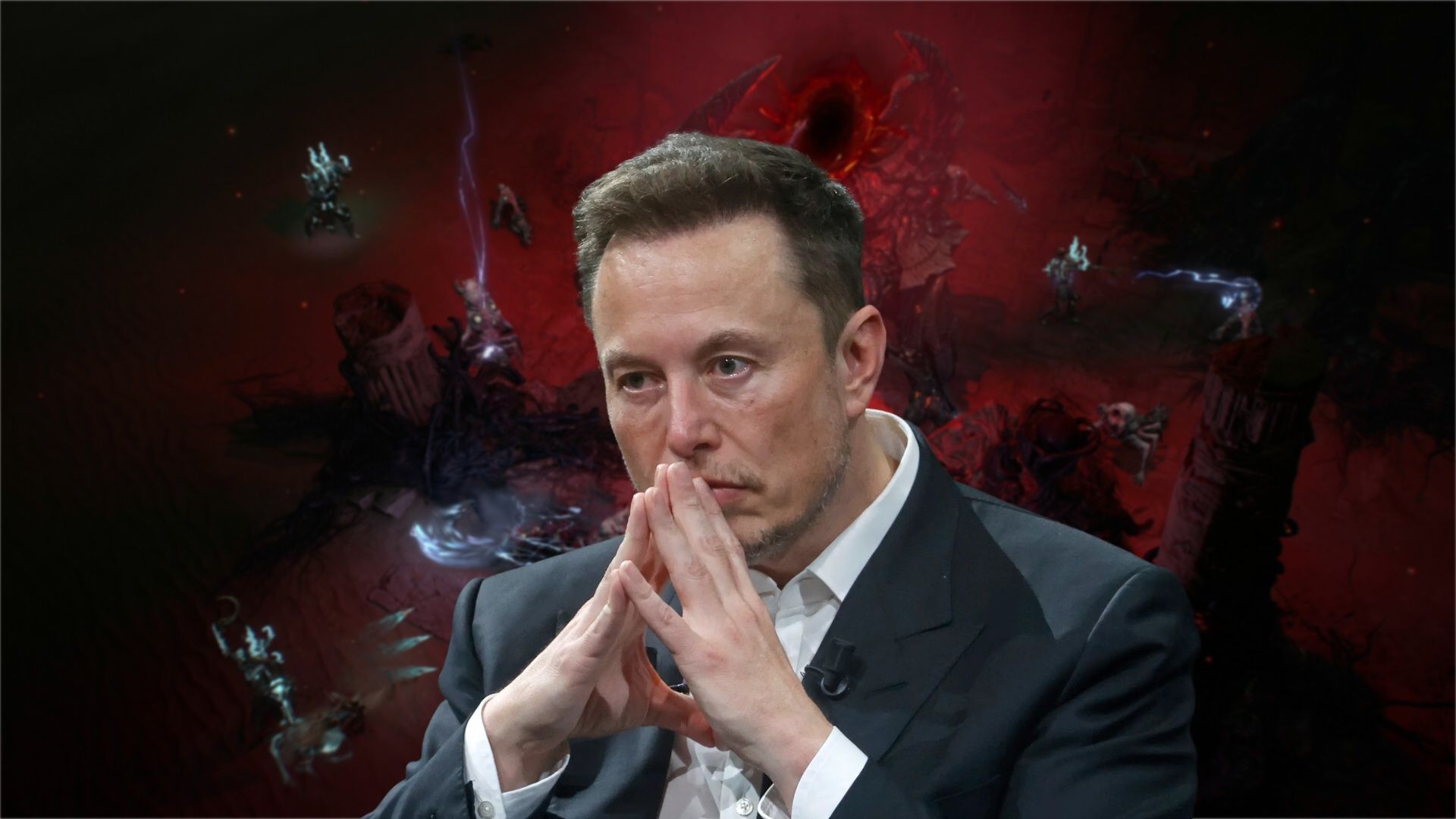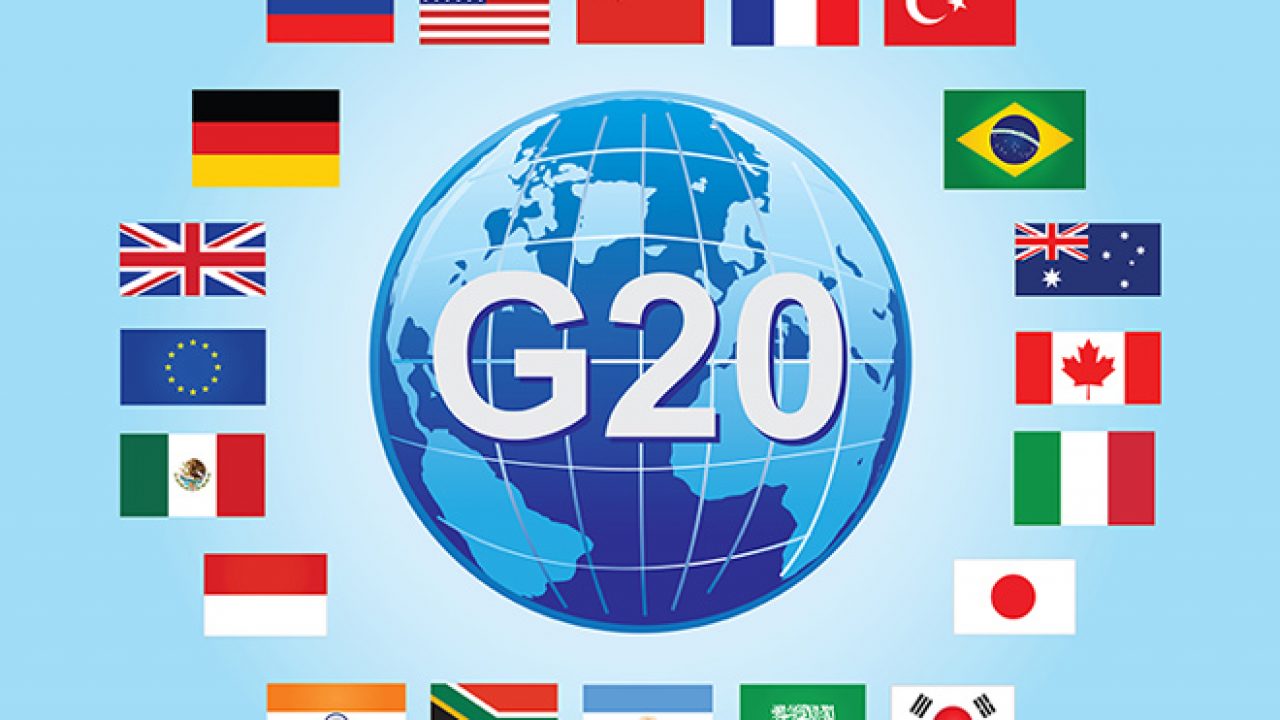
India will officially assume the G-20 Presidency on 1 December 2022 and the fact that this is happening in the year in which we are celebrating “Azadi ka Amrit Mahotsav”, makes it even more special .This is not merely a diplomatic achievement for India but a new responsibility and a measure of the world’s trust in India. Notion of universal brotherhood that is being reflected via the G-20 lotus in the logo, is a symbol of hope in these tough times. “One Sun, One World, One Grid”, has been India’s clarion call for a revolution in the area of renewable energy, while the global health impetus under the “One Earth, One Health” campaign, has also put India in pole position.” Environment is a global cause for us as well as a personal responsibility. It will be our effort that there should be no first world or third world, but only one world. Our G-20 mantra is –One Earth, One Family, One Future”, said Prime Minister Narendra Modi at the historic G-20 meet in Indonesia.
PM Modi reinforced that India’s G-20 presidency will be inclusive, ambitious, decisive and action-oriented, noting that the country is taking the charge at a time when the world is grappling with geopolitical tensions, economic slowdown and rising food and energy prices. India will work jointly with other G-20 nations toward bridging the digital divide. “The principle of ‘data for development’ will be an integral part of the overall theme of our presidency”, Modi reaffirmed.
G-20 is the premier forum for international economic cooperation representing around 85% of the global GDP, over 75% of the worldwide trade and about two-thirds of the world population. The G-20 logo is not just any logo but a resolve that has been omnipresent in our thoughts through ‘Vasudhaiva Kutumbakam’, as in universal brotherhood.
A politically and morally bankrupt Opposition desperately tried to politicise the lotus in the logo, which has nothing to do with the BJP’s Party symbol. The lotus in the G-20 logo symbolises hope in tough times and reposes faith in India’s ancient heritage, faith and thought. The Philosophy of Adwait, emphasises the oneness of all creatures and this philosophy will be a medium of resolution of today’s conflicts. The lotus themed logo therefore, represents many key messages from India. Also, both the Goddesses of knowledge and prosperity are seated on a lotus. Prime Minister Modi pointed out how the lotus in the logo of G-20 symbolises both shared knowledge and shared prosperity which enable us to reach the last mile. The seven petals of the lotus represent the seven continents and seven universal musical notes. When the seven musical notes come together, they create perfect harmony. Likewise, G-20 aims to bring the world together in harmony, while respecting diversity.
Today, there is an unprecedented curiosity in the world to know and understand India. Democracy, diversity, indigenous approach, inclusive thinking, local lifestyle and global thoughts, are the defining themes today which India’s Presidency of the G-20 under PM Modi seeks to reinforce. The contribution of Ayurveda, global enthusiasm for Yoga, encouraging millets and coarse grains, use of digital technology in development, inclusion, removal of corruption, improving ease of doing business and ease of living and India’s women empowerment via financial inclusion through the “Jan Dhan Accounts”, can be templates for many countries, which India will reaffirm under its Presidency.
The world is looking with hope towards collective leadership, whether it is G-7, G-77 or UNGA. In such a situation India’s presidency of G-20 assumes greater significance, for all the friends of the ‘Global South’ who have been India’s co-travellers on the path of development for decades.
In line with his inherent magnanimity, PM Modi requested all State governments as well as all other political parties to actively take part in the forthcoming G-20 events in India, as events will not be limited to Delhi or a few places but rather, will be held in every corner of the country.
Suffice to conclude by saying that PM Modi’s foreign policy has seen many firsts–Modi was the first PM to visit Israel in 2017 in 70 years. Apart from de-hyphenating India’s foreign policy with respect to Israel and Palestine, India’s civil nuclear agreement with Japan signed in December 2015, signing the Logistics Exchange Memorandum of Agreement LEMOA with the US in August 2016, signing the Communications Compatibility and Security Agreement (COMCASA) in September 2018, signing the Basic Exchange and Cooperation Agreement for Geo-spatial Cooperation (BECA) in October 2020, rejuvenating the Quadrilateral Security Dialogue (QUAD) which had been lying decadent despite being formed in 2007, joining the missile technology control regime (MTCR) in 2016 and forcing China to voluntarily disengage in February 2021, post the Galwan stand-off, are landmark milestones.
In September 2018, the first 2+2 ministerial meeting with the USA was held in New Delhi. The second edition of the meeting was held in Washington DC in 2019. Indo-US relations have only grown stronger therefrom. Interestingly, thanks to PM Modi’s innate diplomatic skills, India’s relations with Russia have also moved from strength to strength. Russia started the delivery of the first regiment of the S-400 missile systems in December last year while it began supplying the second one in April this year. In March this year, Russia said there will be no impact of the western sanctions against it on the supply of S-400 missile systems to India. Remember, Western countries imposed severe sanctions on Russia following its military invasion of Ukraine. It was in October 2018 that India signed a $5 billion deal with Russia to buy five units of the S-400 air defence missile systems, despite a warning from the Trump administration that going ahead with the contract may invite US sanctions. While India has abstained from the votes at the UN platforms in condemning the Russian aggression, PM Modi at the SCO meet in September, in Samarkand this year, pressed for a dialogue between the warring nations and called for restraint, saying war is never a solution. Modi has been pressing for the resolution of the Ukraine-Russia crisis through diplomacy and dialogue, repeatedly.
And now, the G-20 Presidency is set to be a watershed moment for India as it seeks to address and redress key global challenges. G-20 Presidency under PM Modi will further enhance foreign investments into India, as it matches forward en route to becoming a global superpower, after growing at 8.7% last year and is slated to be the fastest growing economy this year too, despite a looming global recession. In a deeply divisive world, torn apart by geopolitical conflicts, multilateralism, has often been threatened. From de-carbonisation, fighting climate change, boosting indigenous technology, to restoring stability to a deeply divided multipolar world order, India has its role cut out.G-20 Presidency will be a huge boost to India’s image on the global stage providing it with unprecedented opportunities.
When India won the non-permanent membership of the United Nations Security Council (UNSC) in 2020 for two years don’t forget India won 184 of the 192 valid votes cast, in a fabulous endorsement of India’s global outreach. PM Modi at that time stressed on Five S’s–Samman (Respect), Samvad (Dialogue), Sahyog (Cooperation), and Shanti (Peace), to create conditions for Samriddhi (Prosperity). “India’s overall objective during its tenure in the UN Security Council will be the achievement of N.O.R.M.S—New Orientation for a Reformed Multilateral System”, PM Modi has said then. And true to his commitment, India has been tirelessly working towards a post-Covid global order, based on shared values, respect, trust and friendships, with the upcoming G-20 Presidency being a key pivot, going forward.
Sanju Verma is an Economist, National Spokesperson of the BJP and the Bestselling Author of ‘The Modi Gambit’.
